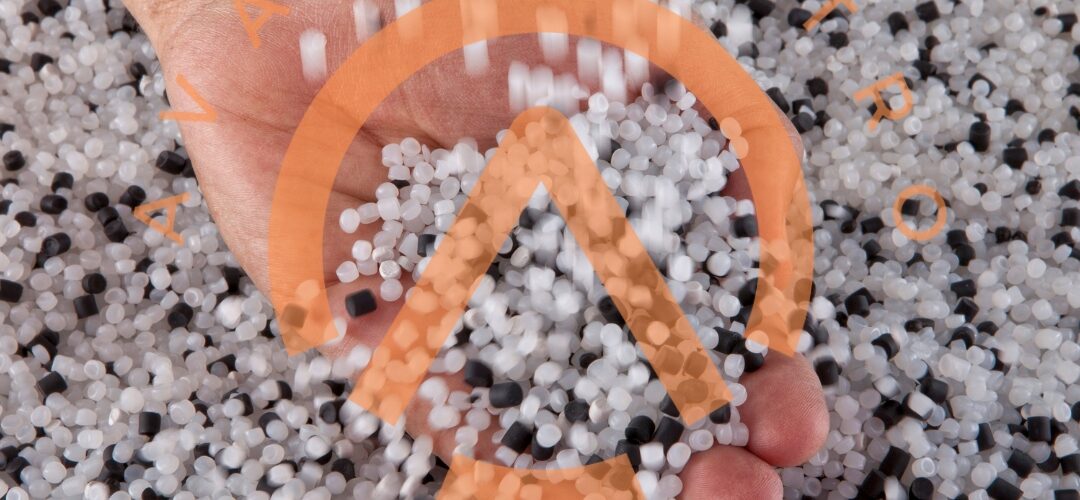Is EPS Thermal Insulation a Plus or a Minus For the Environment
EPS (Expanded Polystyrene) thermal insulation has both positive and negative aspects concerning the environment
Positives :
- Energy Efficiency: EPS insulation can significantly reduce energy consumption in buildings by minimizing heat loss in colder climates and reducing the need for excessive cooling in warmer climates. This contributes to lower greenhouse gas emissions by reducing the energy demand for heating and cooling.
- Durability and Longevity: EPS insulation materials have a long lifespan and are highly durable, which means they require less frequent replacement compared to some other insulation materials, reducing overall waste.
Negatives :
- Environmental Impact of Production: The manufacturing process of EPS involves the use of fossil fuels and chemical additives, which can have environmental implications. It requires the use of styrene, a petroleum-based product, and the production process releases greenhouse gases.
- Disposal and Recycling Challenges: EPS is not easily biodegradable and can persist in the environment for an extended period. Recycling EPS can be challenging due to its low density, which makes transportation inefficient, and the market for recycled EPS may be limited.
- Potential Health Concerns: Some studies have raised concerns about styrene emissions from EPS, especially during production or in case of fires, as it can release toxic fumes.
Ultimately, the environmental impact of EPS thermal insulation depends on various factors, including its production process, use, disposal methods, and potential alternatives. While it offers energy-saving benefits, its environmental footprint during production and end-of-life disposal should be considered when evaluating its overall impact on the environment. Efforts towards improving recycling methods and reducing emissions during production are essential to mitigate its negative environmental effects.
Written by Emir Narin

